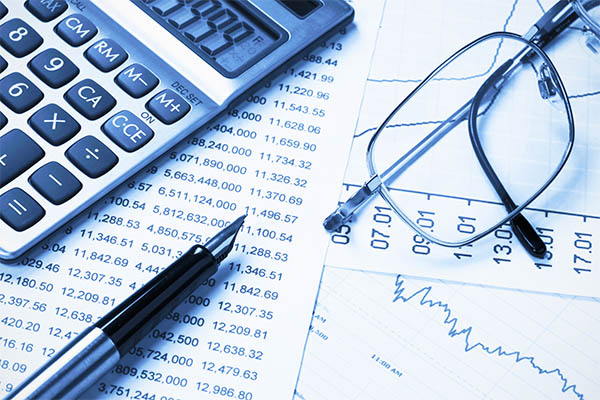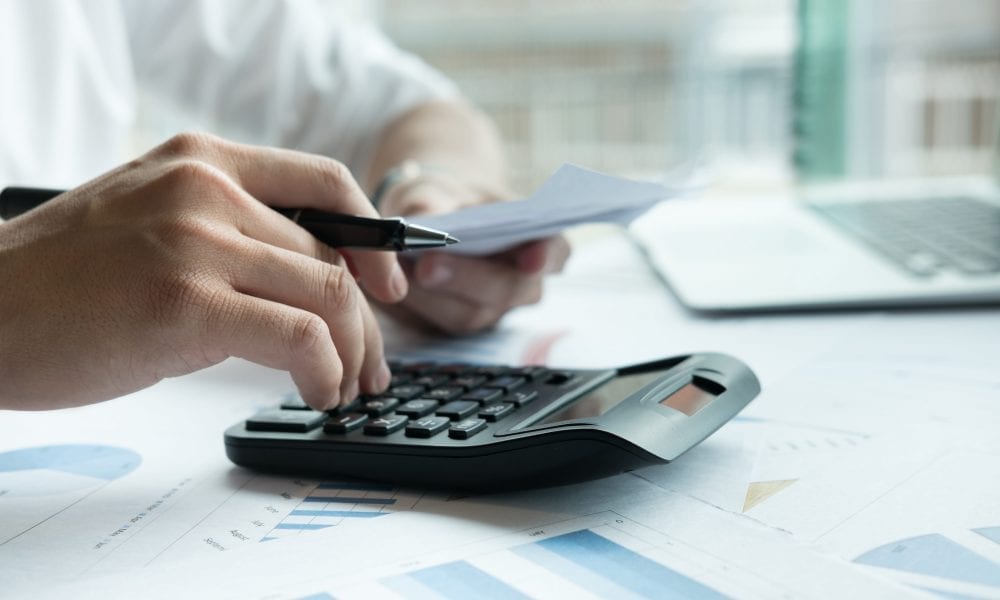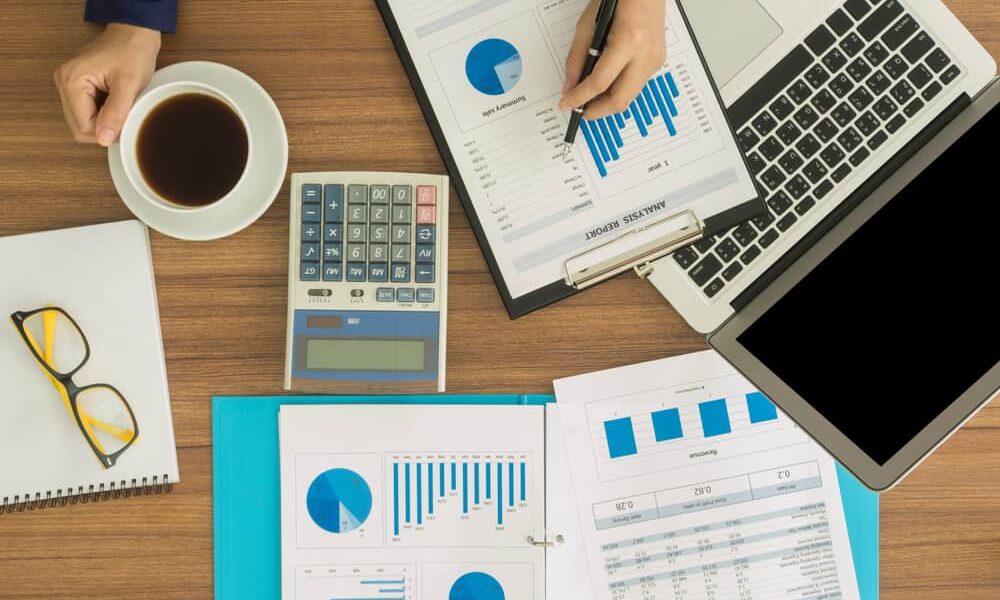Forensic accounting is a specialized field of accounting that involves the use of investigative and analytical skills to identify, interpret, and communicate financial information for use in legal proceedings. This field has become increasingly important in recent years as fraud and financial crimes have become more prevalent in both the public and private sectors.
What is Forensic Accounting?

Forensic accounting involves the application of accounting principles and techniques to legal problems. It involves the use of accounting, auditing, and investigative skills to analyze financial information and provide evidence that can be used in legal proceedings. Forensic accountants are often called upon to investigate financial fraud, embezzlement, and other financial crimes.
The Role of Forensic Accounting in Fraud Detection and Prevention
Forensic accounting plays a critical role in fraud detection and prevention. By using forensic accounting techniques, investigators can identify potential fraud and take steps to prevent it from occurring in the future. Forensic accountants can also help organizations develop and implement internal controls to prevent fraud and other financial crimes.
Forensic accounting can be used to investigate a wide range of financial crimes, including embezzlement, money laundering, and securities fraud. Forensic accountants can analyze financial statements, identify irregularities and inconsistencies, and trace the flow of funds to identify potential fraudulent activity.
The Benefits of Forensic Accounting

There are many benefits to using forensic accounting in fraud detection and prevention. For one, forensic accounting can help organizations identify potential fraud before it becomes a significant problem. This can save organizations significant amounts of money and prevent damage to their reputation.
Forensic accounting can also help organizations develop and implement internal controls to prevent fraud and other financial crimes. By identifying potential weaknesses in an organization’s financial systems, forensic accountants can help organizations develop controls to prevent fraud and other financial crimes from occurring.
Finally, forensic accounting can help organizations recover funds that have been lost due to fraud or other financial crimes. Forensic accountants can help organizations trace the flow of funds and identify the individuals or entities responsible for the financial crime.
Forensic accounting plays a critical role in fraud detection and prevention. By using forensic accounting techniques, investigators can identify potential fraud, develop internal controls to prevent fraud, and recover funds that have been lost due to financial crimes. As fraud and financial crimes continue to become more prevalent in both the public and private sectors, the role of forensic accounting will continue to be essential in protecting organizations from financial loss and damage to their reputation.



